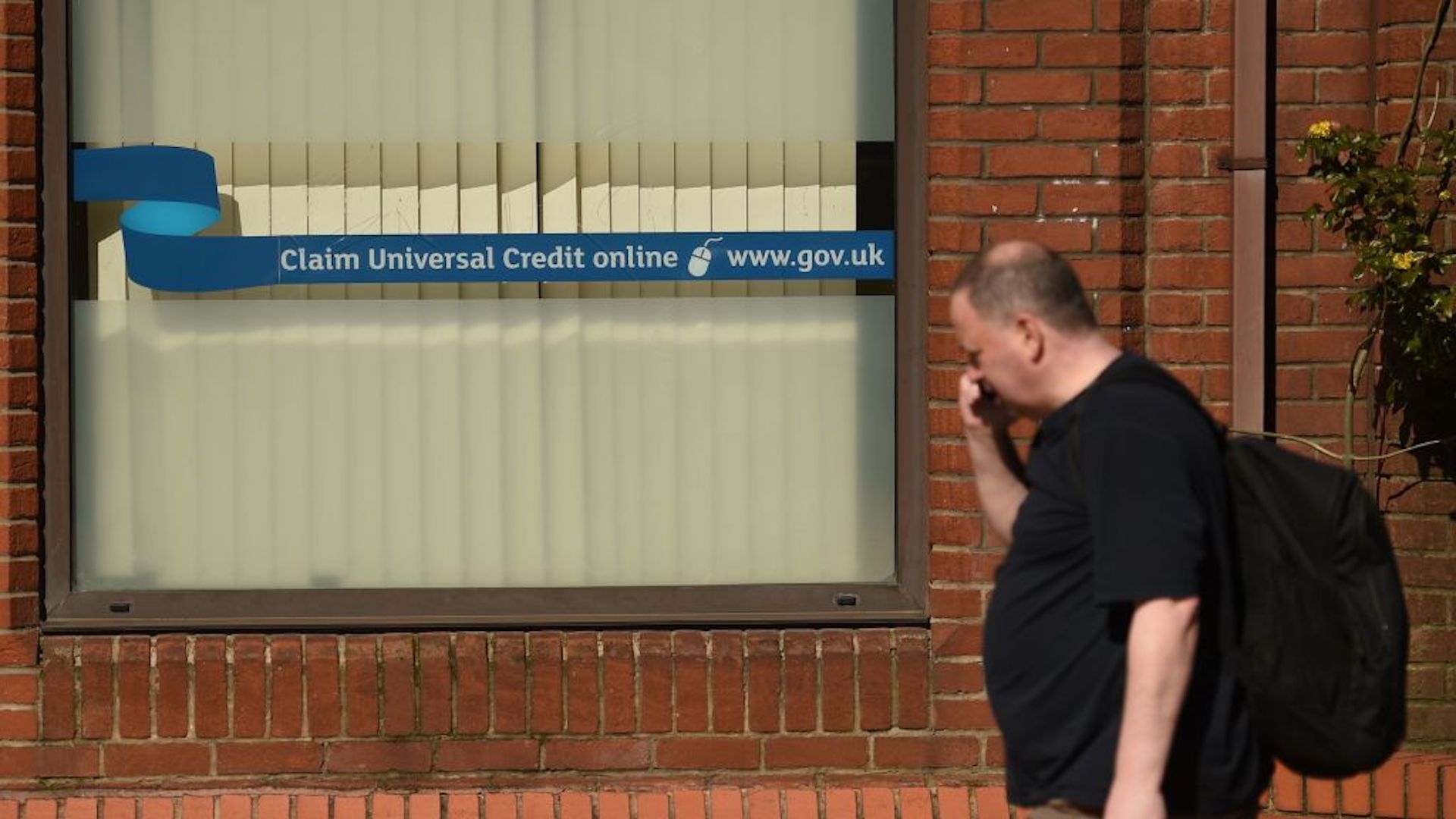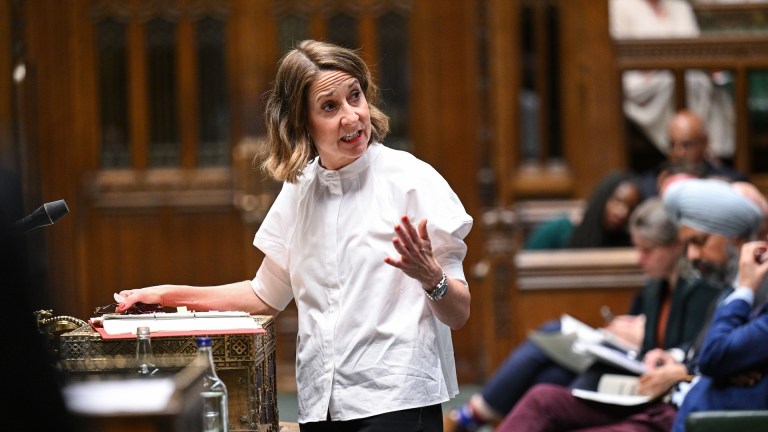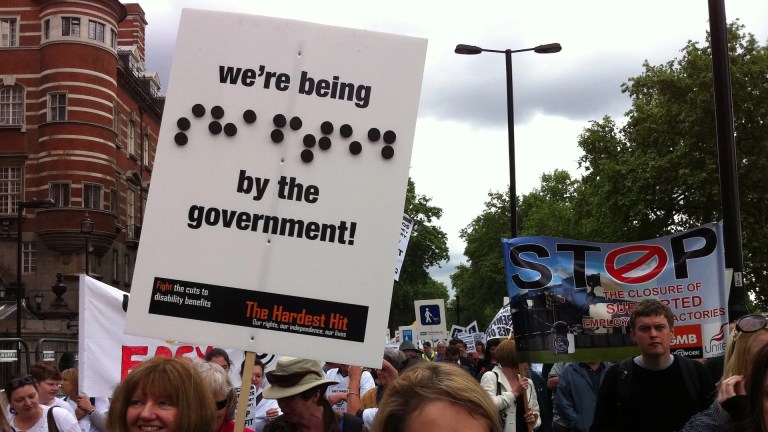“This will remove barriers in the system that can prevent people who would like to, from entering or remaining in employment,” the health and disability white paper reads.
“We recognise that for some people on universal credit with a health condition, and who are also in receipt of PIP, work is not a realistic option, and the new health element will continue to provide income-related support to those people.”
The DWP claims it will “carefully consider whether they meet the PIP assessment and eligibility criteria” and “how disabled people and people with health conditions who need additional financial support may receive it”.
Your support changes lives. Find out how you can help us help more people by signing up for a subscription
The Big Issue has previously reported on how disabled and seriously ill people are often refused financial support following PIP assessments, with the government’s own data showing that around 70% of decisions are overturned when a claimant appeals at tribunal.
Ayla Ozmen, Director of Policy and Campaigns at the anti-poverty charity Z2K, said: “Seriously ill and disabled people are already more likely to be in poverty – and these figures show half a million could lose vital extra amounts of universal credit under [the] government’s proposals, simply because they don’t also receive PIP.
Advertising helps fund Big Issue’s mission to end poverty
“The DWP needs to fix its broken PIP system, and guarantee that people too unwell to work aren’t forced to get by on the inadequate basic levels of benefits.”
A DWP spokesperson said: “We support millions of disabled people every year and the reforms in the health and disability white paper will improve the experience of the benefits system for disabled people.
“Many people who have the LCWRA top-up will become eligible for PIP. Transitional protection will be provided to those not in receipt of PIP, so that nobody will see a financial loss as these reforms come into place.”
Responding to this, Ozmen added: “The key point is that this is transitional: over time, those 516,000 people will feel the full force of this cut unless they successfully apply for PIP.
“And anyone not well enough to work who makes a new claim to universal credit after the reforms are in place, who doesn’t or can’t get PIP, will get nearly £400 a month less than they would under the current system.”
Ken Butler, at Disability Rights UK, said: “A scrapping of the work capability assessment that leads to disabled people being losing nearly £5,000 per year is completely unacceptable. Nearly half of poverty in the UK is already directly associated with disability.
Advertising helps fund Big Issue’s mission to end poverty
“Using PIP as a passport to the health component of UC is extremely problematic. All the issues relating to the lack of accuracy of WCA assessments, apply equally to PIP. Many Disabled people have shorter-term debilitating health conditions and may not be eligible to receive PIP. Others will have claimed PIP but been wrongly refused it.”
He explained the PIP assessment is not intended to assess a claimant’s capability to work but capture the extra costs they face in life, “although it doesn’t do this very well”.
Butler said: “Another major concern is that the scrapping of the WCA would mean that nobody at all would be exempt from work conditionality on the grounds of disability. It would be left to individual jobcentre work coaches to decide what should be required of the claimant and the extent to which sanctions would be imposed. It’s a move from a system based on rights, to one based on discretion.”
Do you have a story to tell or opinions to share about this? We want to hear from you. Get in touch and tell us more.
Get the latest news and insight into how the Big Issue magazine is made by signing up for the Inside Big Issue newsletter










